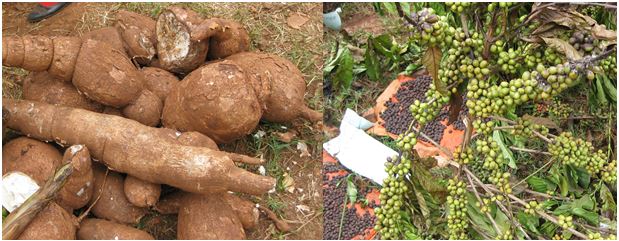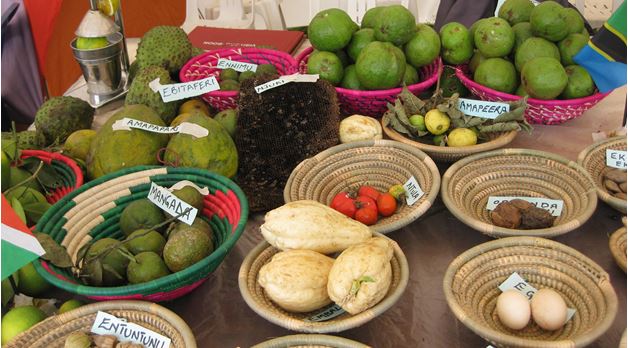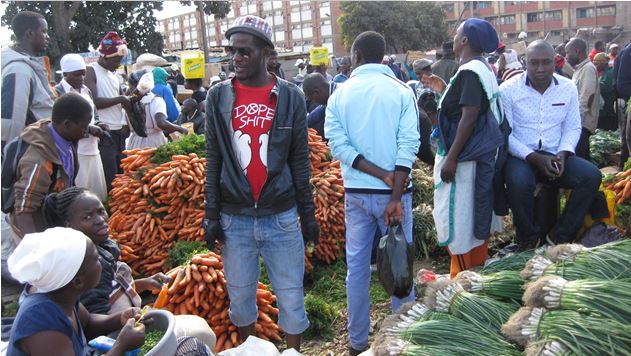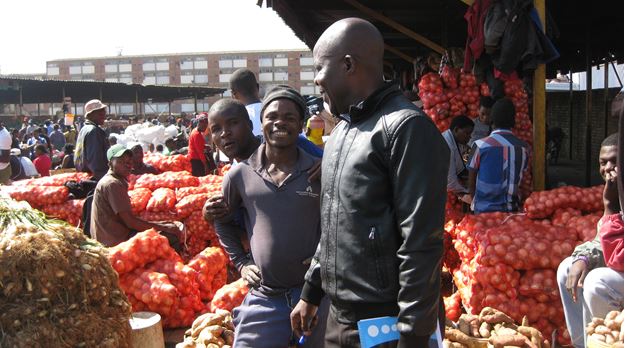How informal markets increase access to natural food and natural remedies
Rising demand for wild foods and local herbs in most African informal markets demonstrate the desire for the public to return to natural remedies. In addition to food, all kinds of natural herbs and medicines are an integral part of the people’s food market ecosystem. This means African scientists have a lot of work in Read more about How informal markets increase access to natural food and natural remedies[…]









